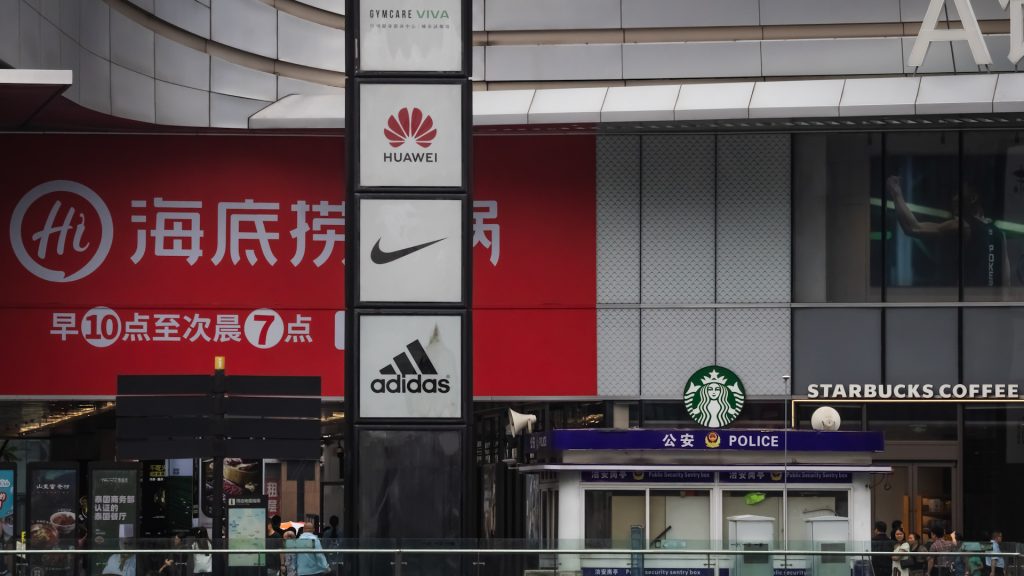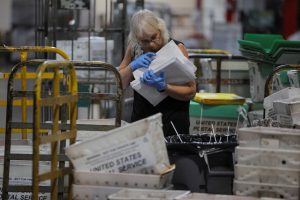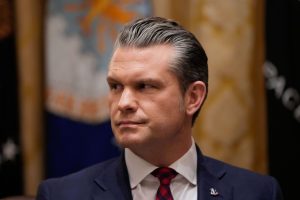Trump accuses China of trade violations; Beijing blames US for breakdown

President Donald Trump accused China of violating a 90-day tariff pause agreed to in mid-May during negotiations in Geneva. He claimed Friday, May 30, that Beijing “totally violated” the deal and said he expects to speak with President Xi Jinping soon to address the matter.
“They violated a big part of the agreement we made,” Trump said.
In response, China’s Commerce Ministry rejected the allegations and said the United States had “seriously undermined” the truce by enacting “discriminatory” and “restrictive measures.”
What were the terms of the May trade truce?
Under the agreement, the U.S. temporarily reduced tariffs on Chinese imports from 145% to 30%, while China lowered its duties from 125% to 10%. The move was intended to provide breathing room for further negotiations and avoid escalation.
However, Chinese officials claim that the U.S. breached the pause by imposing new export controls on artificial intelligence chips, banning the sale of chip design software to China and revoking student visas for Chinese nationals linked to the Communist Party.
Why are critical minerals a flashpoint?
Tensions also center on China’s control of rare earth elements — vital components in cars, semiconductors and aircraft. U.S. officials, including Treasury Secretary Scott Bessent, say China has not resumed expected shipments of key materials, jeopardizing American supply chains.
Jamieson Greer, a U.S. trade negotiator, told CNBC that China was “slow-rolling their compliance” and that critical mineral flows had not met agreed-upon benchmarks.
What is China’s response to the U.S. actions?
China accused the U.S. of escalating economic conflict by introducing restrictive policies under the guise of national security. It warned that further harm to Chinese interests would prompt retaliation and said it remains committed to protecting its “legitimate development rights.”
The Commerce Ministry’s Monday statement emphasized that the U.S. is to blame for the renewed instability in bilateral ties, despite a “clear consensus” reached in Geneva and during a phone call between Trump and Xi on Jan. 17.





